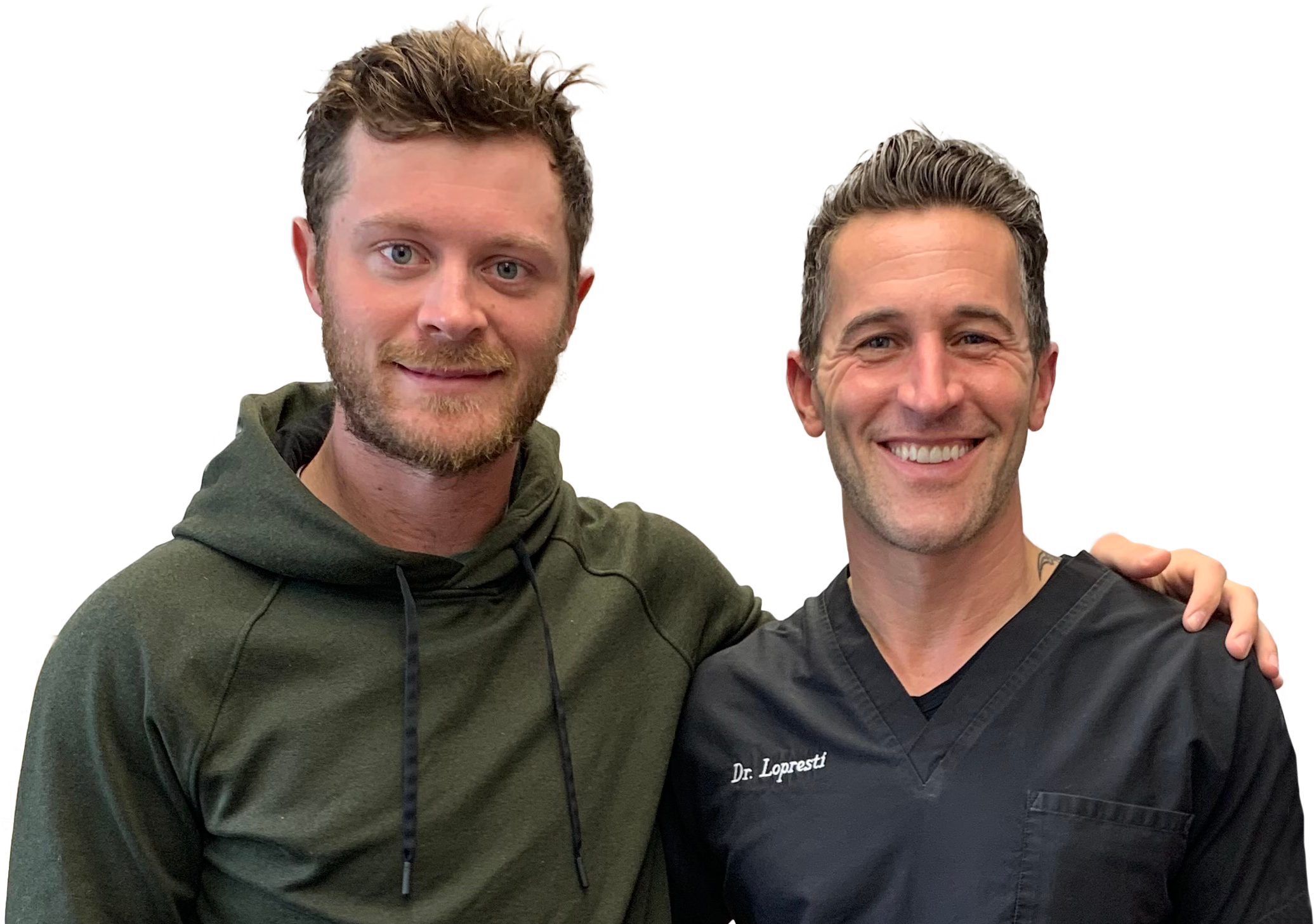Unraveling the Mystery Behind Hair Shedding
Let’s talk about something that all of us can relate to – hair shedding! Yes, it’s that annoying situation where we find those pesky little hairs everywhere – on our pillows, in the shower drain, on our clothes – it’s like they have a life of their own, right?
 Hair shedding is a natural process that occurs to varying degrees in both men and women. On average, it is considered normal to lose about 50 to 100 hairs per day. However, when you notice that your hair loss exceeds this range, it’s time to seek professional help from a hair loss expert like Dr. Matthew Lopresti.
Hair shedding is a natural process that occurs to varying degrees in both men and women. On average, it is considered normal to lose about 50 to 100 hairs per day. However, when you notice that your hair loss exceeds this range, it’s time to seek professional help from a hair loss expert like Dr. Matthew Lopresti.
So, why does our precious hair decide to say “adios” to our scalps in the first place?
- Telogen Effluvium: This condition is often triggered by stress, illness, hormonal changes, or dietary deficiencies. Telogen effluvium can lead to more hair follicles entering the resting phase simultaneously, resulting in noticeable hair loss.
- Androgenetic Alopecia: Also known as male or female pattern baldness, this genetic condition is one of the leading causes of hair loss. It can affect both men and women and is characterized by gradual hair thinning in specific patterns.
- Medical Conditions: Certain medical conditions like thyroid disorders, autoimmune diseases, and scalp infections can contribute to increased hair shedding.
- Hairstyling Practices: Excessive pulling or traction on the hair due to tight hairstyles like braids or ponytails can lead to a condition called traction alopecia.
In many cases, early intervention can help prevent further hair loss. By recognizing the signs of hair shedding and seeking professional advice, you can identify the root cause and take necessary steps to stop or slow down the hair loss process. Treatment options, such as Rogaine, Propecia, Laser Therapy and PRP with ACell be can be more effective when implemented early on.
The moral of the story is this – a few lost hairs here and there are no cause for concern. But if you’re noticing more than 100 hairs parting ways with your scalp daily, don’t wait for a hair miracle to happen. Take matters into your own hands and schedule a free hair loss consultation with Dr. Matthew Lopresti. Remember, seeking help early can make a significant difference in managing hair loss effectively.

